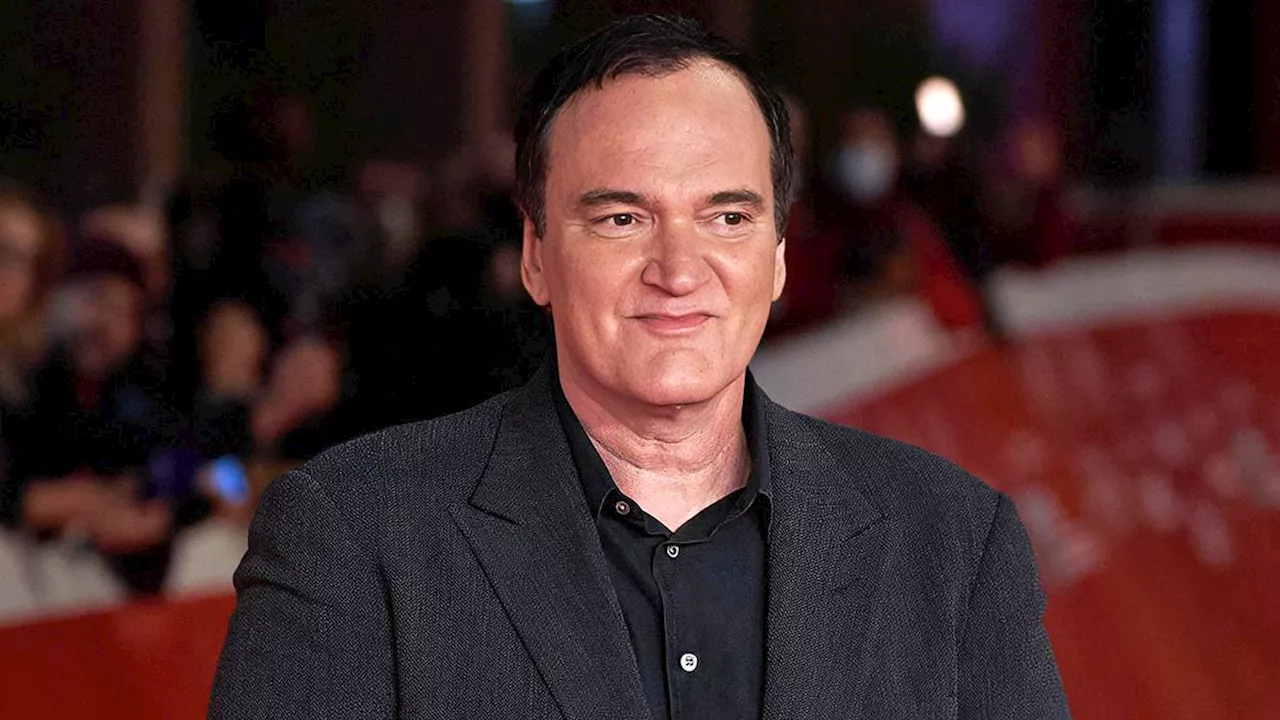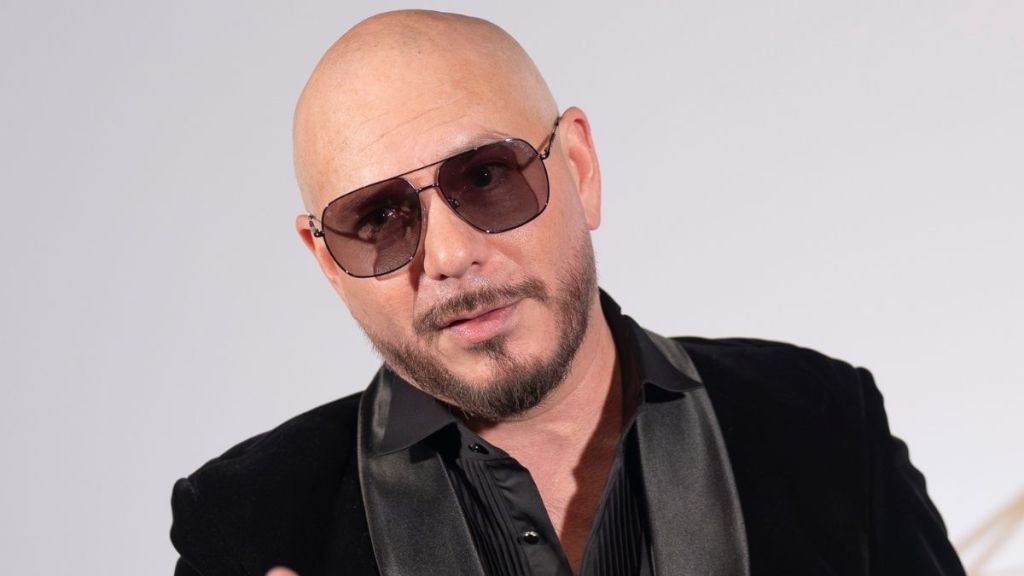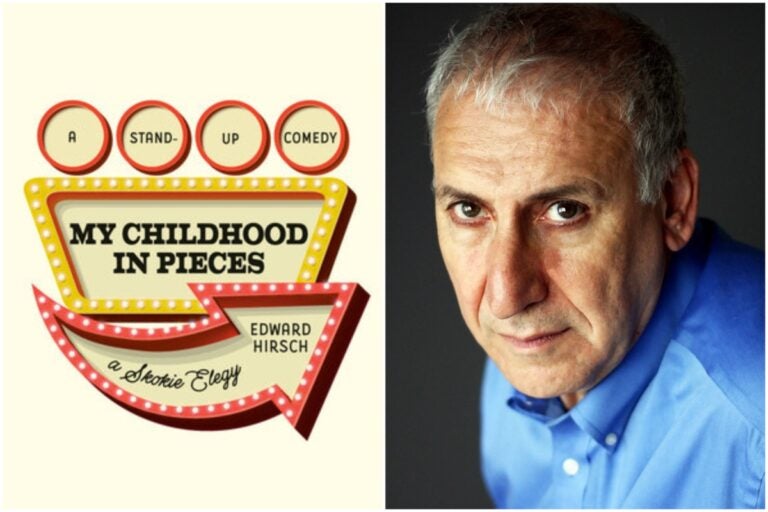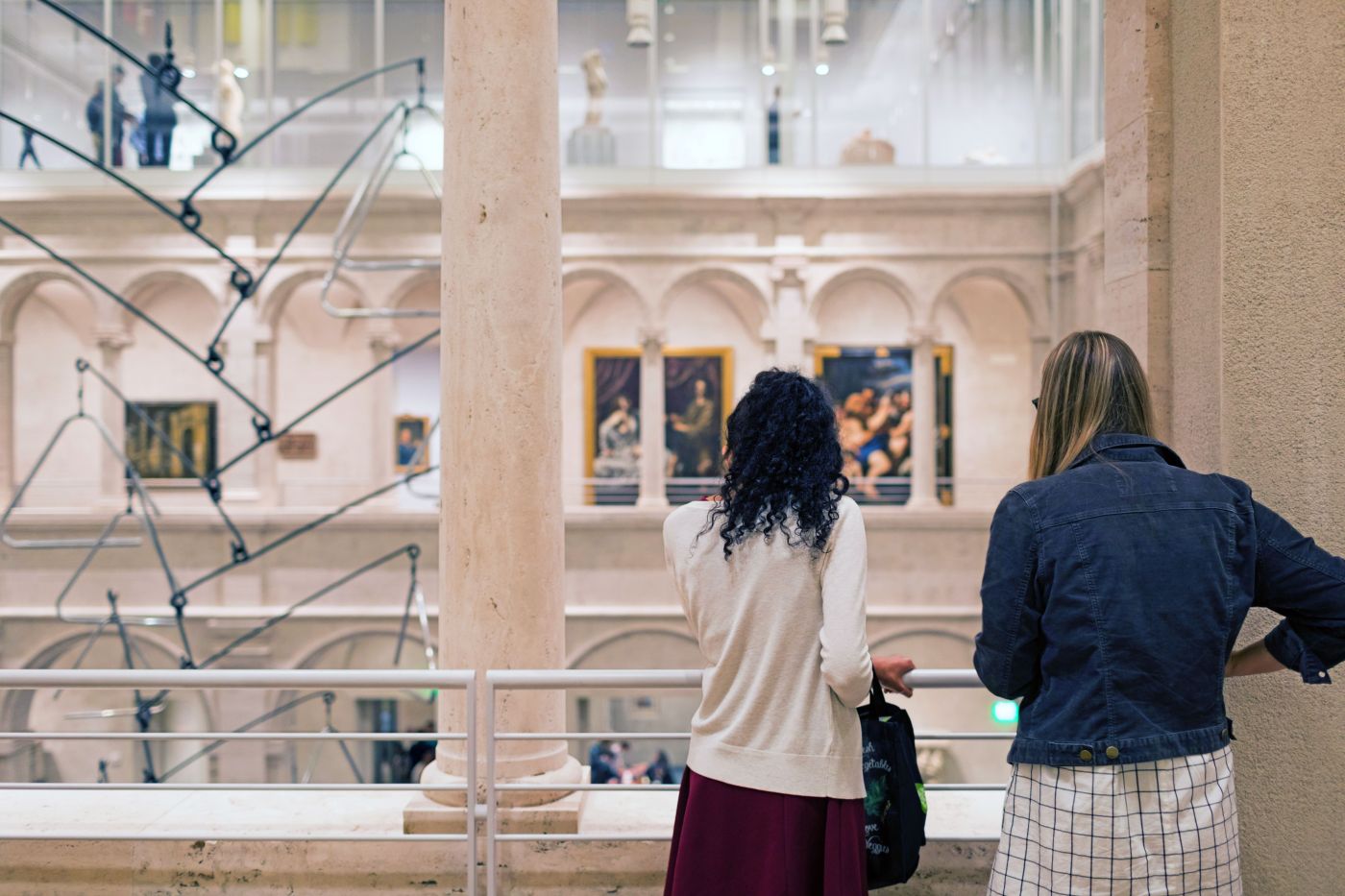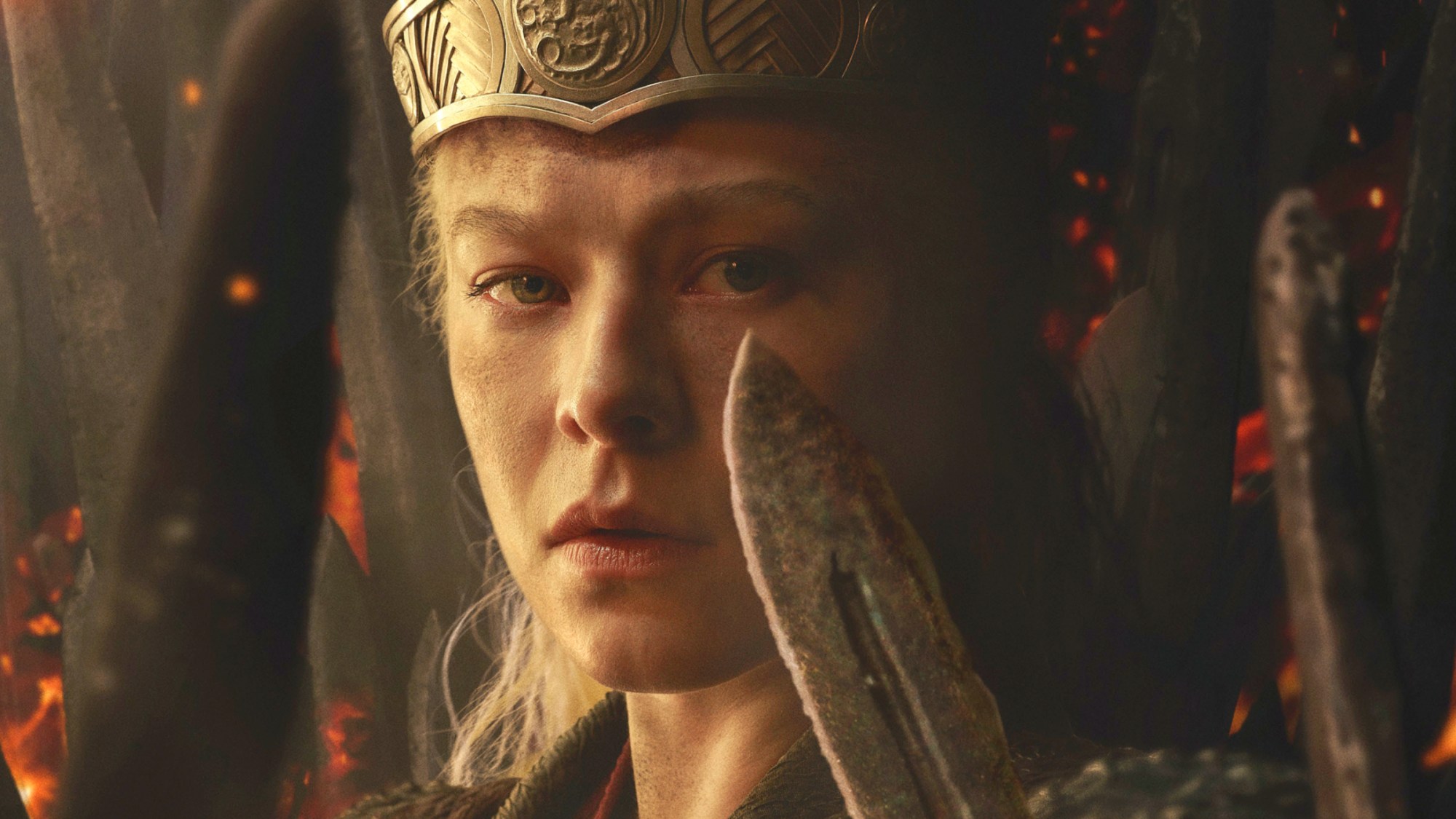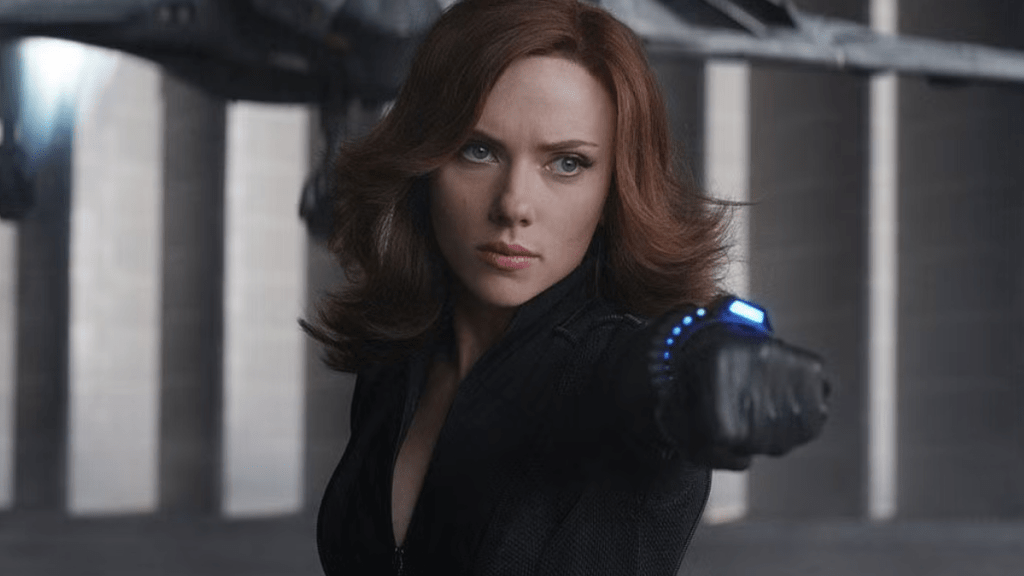Quentin Tarantino has stirred the film community by expressing a surprising preference for both the sequel and the remake of the iconic slasher film, *Psycho*, over Alfred Hitchcock’s original. In various discussions, the acclaimed director has shared his lukewarm feelings regarding Hitchcock’s cinematic legacy, particularly focusing on *Psycho*, which is widely regarded as a pioneering horror film.
Tarantino’s admiration for *Psycho II*, released in 1983, and Gus Van Sant’s 1998 shot-for-shot remake has raised eyebrows. His comments came during an episode of Eli Roth’s *History of Horror* podcast, where he discussed how Hitchcock’s work, while groundbreaking, did not resonate with him as deeply as it does with many others.
Exploring the *Psycho* Franchise
The *Psycho* franchise began shortly after Hitchcock’s death, with *Psycho II* emerging from Universal Pictures in 1983. Directed by Richard Franklin, the film features a compelling performance by Anthony Perkins, reprising his role as Norman Bates. After spending 22 years in a mental institution, Bates attempts to reintegrate into society, only to find himself embroiled in a new series of murders. The film was met with favorable reviews and has gained respect over the years, ultimately proving that sequels can hold their own against revered originals.
Following *Psycho II*, the franchise continued with *Psycho III* in 1986, which Perkins directed, and *Psycho IV: The Beginning* in 1990, a prequel that explored the origins of the Bates family. Van Sant’s remake, which closely mirrored the original, was met with skepticism but has found its defenders over time, including Tarantino.
Tarantino’s Perspective on Hitchcock
While *Psycho* was revolutionary in its depiction of violence, Tarantino has expressed that he is not “overly enamored” with Hitchcock’s body of work. He remarked that the director was constrained by the era in which he created films, suggesting that had Hitchcock made movies in the more liberated atmosphere of the 1970s and 1980s, he might have produced even more compelling narratives. “I normally don’t like the third acts of his movies,” Tarantino stated, indicating a preference for the more liberated storytelling found in *Psycho II*.
Tarantino’s admiration for *Psycho II* lies in its ability to humanize Norman Bates, making audiences root for his recovery despite the horror elements that unfold. He described the sequel as a fascinating exploration of Bates’s character, emphasizing the film’s depth and emotional engagement.
In a conversation with author Bret Easton Ellis, he elaborated on his views, indicating a preference for filmmakers who have drawn inspiration from Hitchcock rather than the master himself. “I love Brian De Palma’s Hitchcock movies,” Tarantino noted, suggesting that he sees greater artistic merit in how other directors have interpreted Hitchcock’s influence.
As the film industry continues to grapple with the legacy of classic films, Tarantino’s bold stance on *Psycho II* and Van Sant’s remake challenges conventional wisdom about sequels and remakes. It opens up a dialogue on the evolution of storytelling in cinema and the impact of changing cultural norms on creative expression.
Tarantino’s comments reflect a broader trend where filmmakers are increasingly willing to reinterpret or build upon past works, further blurring the lines between homage and originality in modern cinema. This perspective not only enriches the discourse surrounding film history but also highlights the diverse ways in which audiences can engage with beloved stories across generations.

